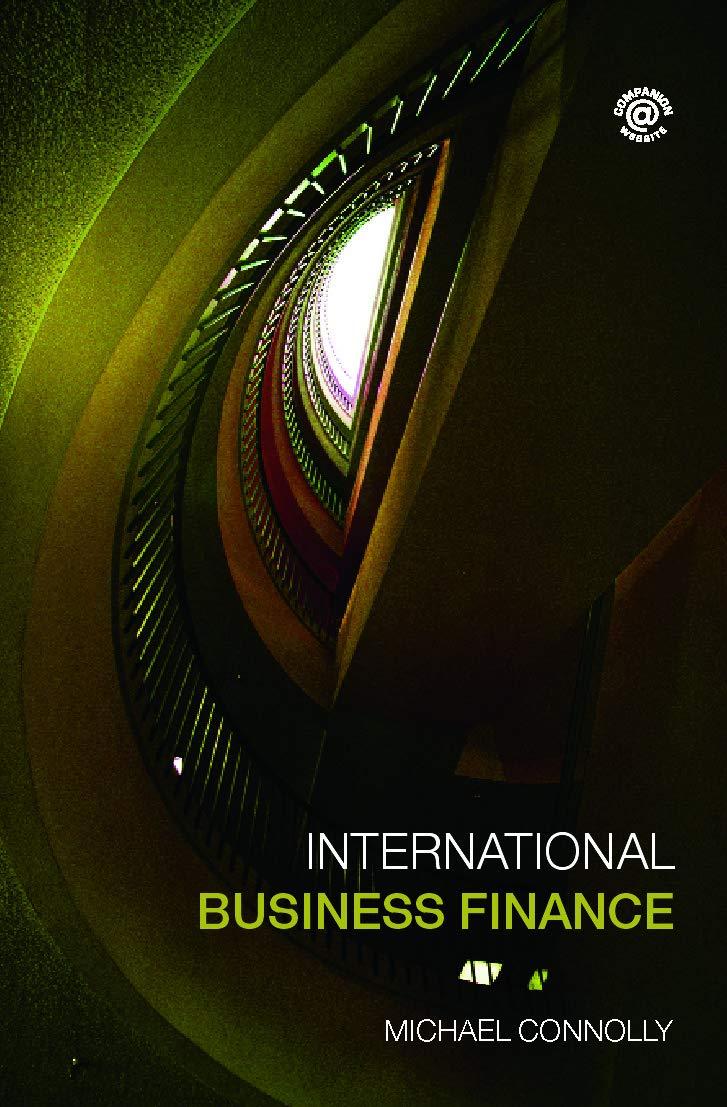Question
Read the following article: Culture clashes loom after a rush of company mergers. Culture clashes loom after a rush of company mergers Tariffs, trade wars
Read the following article: Culture clashes loom after a rush of company mergers.
Culture clashes loom after a rush of company mergers Tariffs, trade wars and rising nationalism may command headlines, but they have done nothing to dent global dealmaking. More than $2.5tn in mergers and acquisitions have already been announced this year and, if the pace continues, 2018 is likely to surpass 2015s $5tn in M&A deals. Partly, this reflects the end of a long cycle of easy money in which companies are looking to get that last bit of juice out of their stock prices. Some of the largest deals, such as AT&T-Time Warner, Disney-Fox, or CVS-Aetna, are about traditional companies trying to compete with the big internet groups by building scale. Either way, it is worth remembering that more than half of all mergers destroy shareholder value. Think of the cautionary cases of AOL-Time Warner, Quaker-Snapple or Daimler-Chrysler. What sets successful mergers apart from the failures? In large part, it is having a good cultural fit. Corporate culture is, of course, predicated on many things: a companys nation of origin, the type of talent it calls for, the industry it is part of and so on. But all these things can be categorised in a binary way: is the culture tight or loose? While all cultures have their norms, tight ones whether they exist in countries or companies tend to enforce their norms quite strictly, whereas loose ones are more tolerant even encouraging of rule-breaking. Michele Gelfand, a psychology professor at the University of Maryland, whose research on cultural norms has been used by the US Department of Defense and numerous multinational corporations, suggests that countries as diverse as Japan, Norway, Singapore and India all have tight cultures. By contrast, she classes those of Israel, the Netherlands, Greece and the US as more or less loose. The results of her study of 33 nations, which were first published in the journal Science in 2011, show that levels of tightness were highest in the south and east Asian nations, followed by the Middle East, and Nordic or Germanic countries in Europe. The Latin, English-speaking and former communist nations are the loosest. The latter example may be at least in part a response to a period of strict Soviet rule. Extreme cultures can trigger a counter-reaction, which is perhaps one reason that the rise of a liberal coastal elite in the US has been countered by rightwing populism in the countrys heartland in turn fuelling even more extreme identity politics on the left. Noble Agri (NA) and Investor Group (IG) have agreed to combine by a merger of share-for-share exchange. Suppose that there is no debt for either firm and no transaction costs involved in the process of the merger. The market value of NA is $200M, and that of IG is $300M. In addition, the merger cannot generate synergistic effects. Source: Adapted and modified from Culture clashes loom after a rush of company mergers. Financial Times, 2018 July 8.
a If the merger can be implemented successfully, advise on the maximum value of the combined firm. (5 marks)
b In the case of no merger, the annual return of NAs shares would grow at 15%, and that of IGs shares at 30%, respectively. In addition, there would exist two other shares on the market, which are perfect substitutes for NA and IG. If the market is efficient, calculate the annual expected return of the merged firms share. (5 marks)
Step by Step Solution
There are 3 Steps involved in it
Step: 1

Get Instant Access to Expert-Tailored Solutions
See step-by-step solutions with expert insights and AI powered tools for academic success
Step: 2

Step: 3

Ace Your Homework with AI
Get the answers you need in no time with our AI-driven, step-by-step assistance
Get Started


